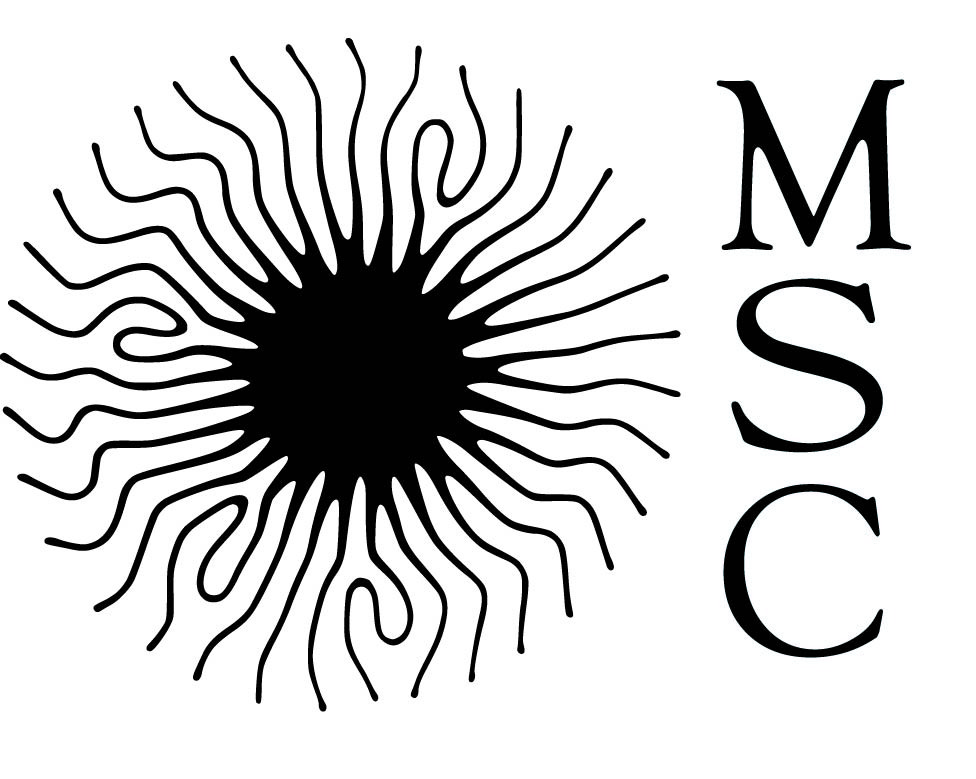Présentation
Le laboratoire MSC est un laboratoire de physique macroscopique fortement pluridisciplinaire, notamment par ses interfaces avec le monde vivant et l’environnement. Il s’intéresse à l’émergence et à l’utilisation de la complexité dans une grande variété de situations.



© MSC
Les trois principaux domaines de recherche du laboratoire, que nous explorons théoriquement, sont :
La physique non linéaire au sens large (y compris l’hydrodynamique et la physique des milieux granulaires).
La physique de la matière molle.
La physique des interfaces avec la chimie, la biologie et la médecine.
L’expertise du laboratoire s’étend des aspects fondamentaux et théoriques aux matériaux (en particulier ceux issus de la matière molle, leur rhéologie complexe, leurs propriétés de surface, leur mouillage, etc. ), à la géophysique (travaux sur les dunes, l’érosion ou la détection de contaminants dans l’environnement), à l’agronomie (croissance et dynamique des plantes), et à l’ingénierie biomédicale (développement de méthodes de diagnostic ou de nouveaux principes de traitement, nanotoxicologie, thérapie cellulaire, ingénierie tissulaire, contrôle de l’expression des gènes… ).
Le laboratoire est structuré en six équipes, avec une forte porosité thématique et personnelle entre les équipes, source d’interactions. Ces équipes sont complétées par une équipe de soutien à la recherche composée d’ingénieurs et de techniciens aux compétences pluridisciplinaires en conception, mécanique, informatique, instrumentation, électronique, chimie et biologie.
Lire la suite

Ada Altieri récompensée par la médaille de bronze du CNRS
L'ensemble du laboratoire MSC félicite Ada Altieri, enseignante-chercheuse à l'Université Paris Cité au sein de l'équipe Théorie du Laboratoire Matière et Systèmes Complexes, récompensée par la médaille de bronze du CNRS 2025.Spécialiste de physique statistique, Ada...

Emilien Dilly lauréat du Prix Saint Gobain 2024
Le Prix Saint-Gobain 2024 est décerné à Émilien Dilly pour sa thèse intitulée "Hélices, Perversions et Vrilles : De la Mécanique des Tiges Inspirée par les Plantes à la Génération de Courbure chez les Plantes à Vrilles" effectuée à l'Université Paris-Cité sous la...

Using molecular rotors to investigate hemoglobin concentration and heterogeneity in red blood cells
Molecular rotors are used to investigate red blood cell rheology. Our study demonstrates that molecular rotors can differentiate between healthy donors based on variations in intracellular hemoglobin concentration and intracellular viscosity. They also uncover...

Quand les ondes imitent le comportement d’un gaz
Marlone Vernet et Eric Falcon, chercheurs du CNRS et de l’Université Paris Cité, au laboratoire Matière et Systèmes Complexes, ont observé un phénomène étonnant : dans un système agité de manière aléatoire, des ondes peuvent se comporter comme les molécules d’un...
